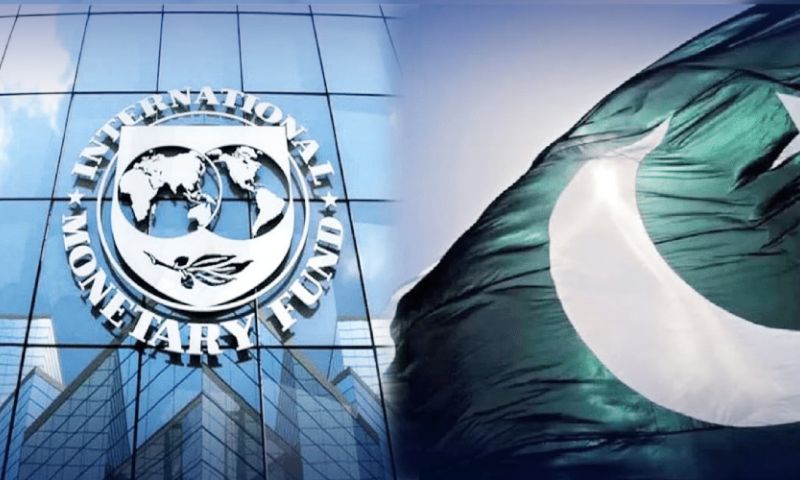Pakistan has reached a significant milestone in its economic engagement with the International Monetary Fund (IMF), as both sides finalized a staff-level agreement under the ongoing loan program. Following the agreement’s approval, Pakistan is set to receive a $1 billion tranche, a development officials describe as crucial for stabilizing the country’s fragile economy.
Key Details of the Agreement
According to ARY News, the preliminary agreement concluded after a review of Pakistan’s ongoing IMF-supported program. The IMF’s official statement confirmed that Pakistan will receive approximately $1 billion under the Extended Fund Facility (EFF) and an additional $200 million under the Resilience and Sustainability Facility (RSF).
The funds are expected to be transferred to the State Bank of Pakistan within hours of the announcement. The $1 billion disbursement is part of a broader 37-month loan program, while the $200 million tranche under the RSF is specifically aimed at addressing the impacts of climate change and natural disasters.
IMF Mission Visit and Evaluations
The IMF’s mission visited Pakistan from 24 September to 8 October, during which the government reportedly met some of the most stringent economic targets set under the program. While certain issues required extended discussions, the negotiations ultimately concluded successfully.
The IMF highlighted that Pakistan managed to achieve a 1.6 percent primary surplus, despite facing extreme challenges such as devastating floods. This achievement reflects the government’s commitment to fiscal discipline under challenging circumstances.
Focus on Tax Reforms and Fiscal Measures
The agreement also emphasized Pakistan’s ongoing efforts to implement tax reforms. To address the shortfall in tax revenue, a comprehensive action plan has been prepared. Both federal and provincial governments will collaborate to allocate necessary funds to flood-affected areas, ensuring that recovery and development programs continue without interruption.
Additionally, the federal and provincial authorities have stepped up coordination to improve financial governance and fiscal discipline. According to the IMF statement, Pakistan’s fiscal deficit is now at its lowest level in 14 years, signaling a positive trend for the country’s macroeconomic stability.
Social Sector Achievements
The IMF acknowledged Pakistan’s progress in meeting social sector objectives. Notably, funds for the Benazir Income Support Programme (BISP) have been increased to target poverty reduction more effectively. Timely interventions have also been implemented in the education and health sectors, reflecting the government’s commitment to human development even amid economic constraints.
Economic and Global Significance
This agreement marks a critical step toward economic stabilization for Pakistan, and readers can explore further how the Pakistan IMF deal impact is expected to affect everyday life and the national economy. Analysts say the IMF’s approval not only provides immediate financial relief but also signals growing international confidence in Pakistan’s economic management.
The combination of fiscal discipline, targeted social spending, and tax reforms is intended to strengthen Pakistan’s resilience against both domestic and global economic shocks. While challenges remain—such as climate-related vulnerabilities and revenue collection shortfalls—this agreement offers a tangible roadmap for sustaining recovery and growth.
Looking Ahead
Pakistan’s economy continues to face multiple pressures, including high inflation, external debt obligations, and climate-induced crises. Yet, the staff-level agreement with the IMF provides a financial lifeline and demonstrates the government’s ability to meet international standards for fiscal and social governance.
As funds are disbursed, attention will now turn to implementation and monitoring. The effectiveness of this program will depend on continued reforms, transparent governance, and collaboration between federal and provincial authorities to ensure that economic and social objectives are met across the country.
With this agreement, Pakistan aims not only to stabilize its economy but also to restore investor confidence and lay the groundwork for sustainable growth in the years ahead.















